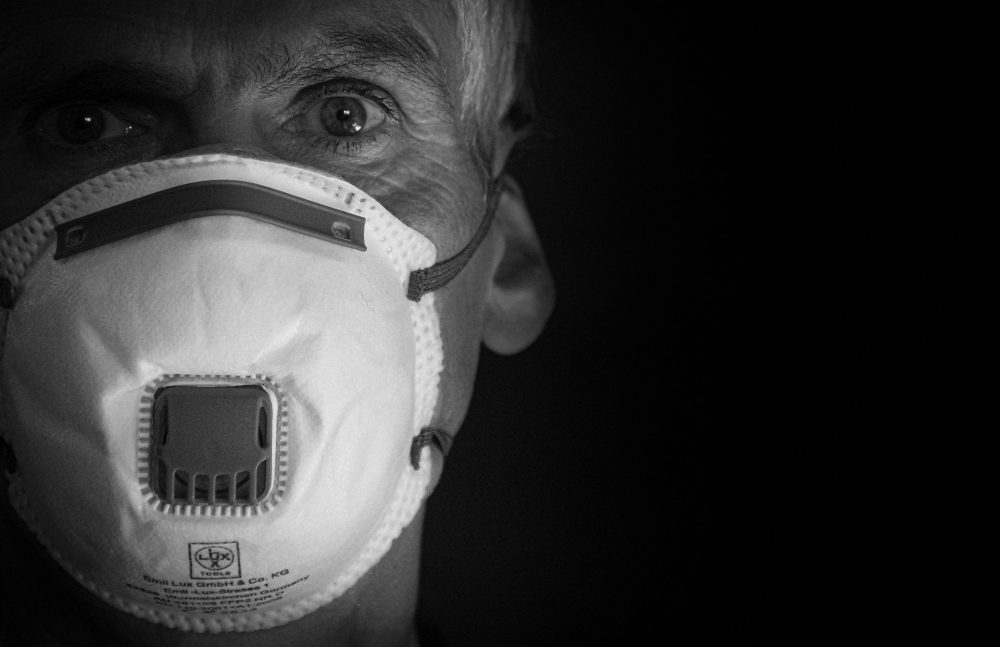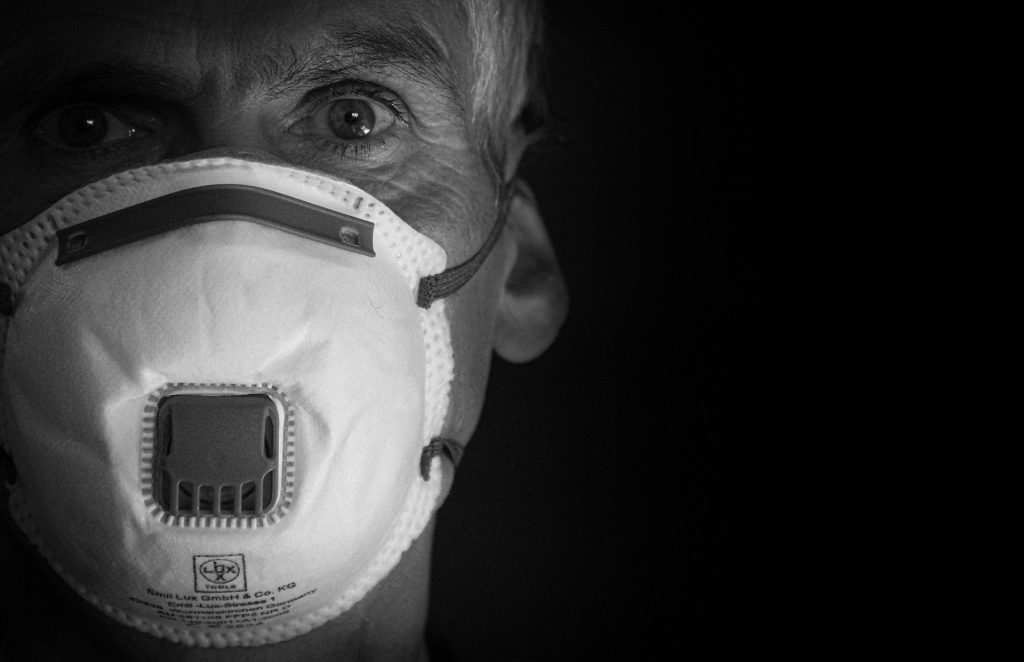The entire world has been completely blindsided these past few months. The coronavirus crisis has had major impacts on everyone’s lives, whether it be medically or financially. Even families who don’t even know anybody with COVID-19 have been caught entirely off-guard by the financial ramifications. While it seems like there was no way to fully cover oneself for something like this, there are many people that aren’t having to sweat as much as others during this time of uncertainty. Some things can’t be helped, but financial readiness can be. So, here are some tips on how to financially prepare for a pandemic.
Save (Duh)
Does it seem like we harp on this a lot? If it does, it is because we absolutely do. The reason why is simple: saving is the single most important financial discipline you can master. Often coming in the form of budgeting, getting on a strict saving schedule will ensure you know exactly what you have to work with if you lose your job or have to take an extended leave of absence. While not everyone can save $1000+ each month, it is important to save what little you can and stick to a number. Something is better than nothing, and in an emergency situation, having a couple hundred dollars saved for an emergency grocery run can make a massive difference.
Maintain Some Liquidity
The last thing you want in the case of a pandemic is to have a great stock portfolio, but nothing in an actual savings account. As we saw with the coronavirus issue, the stock market plummeted before many had a chance to react. This means that people with no liquid assets had a terrible choice to make: Either live on debt for a few months, or sell off shares at a massive loss. This could have easily been avoided by setting aside some money in a high-interest savings account. While it is extremely important to maximize your gains on the money that you have, this is a great example of how being too aggressive can lead to hefty losses instead. Don’t get caught with your pants down, and keep a few months’ worth of expenses in a savings account in case of an emergency.
Keep Your home (Reasonably) Stocked
Everybody has those days where you run to the fridge or pantry and there is nothing to eat. Or maybe you find yourself cutting the toothpaste tube in half because you didn’t stock up and need to stretch it for another day. All of these things can and should be avoided by making sure you buy a little extra when it comes to essentials. This does NOT mean hoarding. Quite the contrary, it means keeping a month-or-so worth of essentials in the pantry if you can swing it so you don’t freak out and panic-purchase. Doing this is the best way for you to not only help your family, but also to keep goods on the shelf for families who don’t have the ability to keep extra stores of anything. Those are the families that suffer most in times like these, and you can help them by helping yourself.

Trey LaRocca is a freelance writer, financial sales worker, and tech guy. When he isn’t out and about or at work, he’s usually at home enjoying some video games and a beer. Currently residing in Newport Beach, this California Kid can be found at the beach on any given weekend. Trey has years of experience in day/swing trading, financial analytics, and sales.


